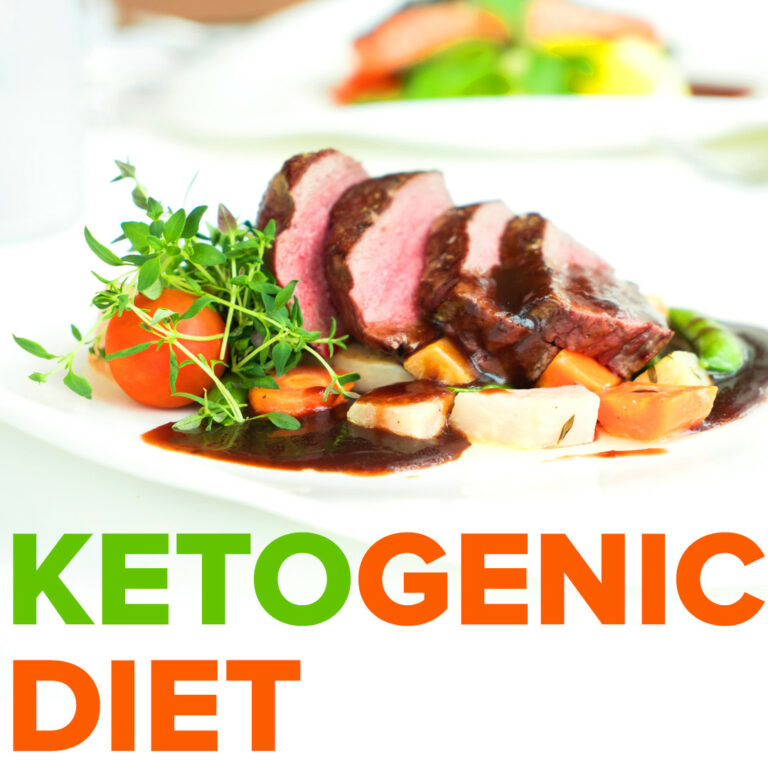KETO DIET: Advantages and Disadvantages
Author: Shiela Lupiba
Shiela Lupiba
Category: Neutrinos
In recent years, the ketogenic diet has become the most popular diet
worldwide.
As a result, the keto diet, short for ketogenic, consists of consuming a high
amount of fat, a moderate amount of protein, and very few carbohydrates.
How does the Ketogenic Diet work?
The food we eat provides our bodies with the fuel they need for daily activities as well as the resources they need to grow. Unlike automobiles, which can only run on gasoline, the human body is intended to run on three different types of fuel: carbs, lipids, and protein. Carbohydrates are the main component of sugars, starch, and wheat, all of which are derived mostly from plants.
Below, we will briefly discuss the potential benefits and drawbacks of the keto diet, but please keep in mind that we could go much deeper in each area of research. We’ve only scratched the surface!
Advantages of Keto Diet
Weight Loss

Because the ketogenic diet essentially uses your body fat as an energy source, there are obvious weight loss benefits. On keto, your insulin (the fat-storing hormone) levels plummet, transforming your body into a fat-burning machine.
Anecdotally, people report losses ranging from 1 pound (0.5 kg) to 10 or more pounds within the first week (5 kg). The more water weight you lose after starting keto, the more likely it is that you will lose. However, it is unlikely that the majority of this initial weight loss is fat loss.
Control Blood Sugar

Because of the foods you eat, keto naturally lowers blood sugar levels. Several studies have even found that the ketogenic diet is beneficial.
According to research, people with type 2 diabetes can lose weight and lower their blood sugar levels by following a ketogenic diet.
Blood Pressure

A keto diet has been shown to improve triglyceride and cholesterol levels most associated with arterial build-up. Low-carbohydrate, high-fat diets, in particular, show a significant increase in HDL particle concentration and a decrease in LDL particle concentration when compared to low-fat diets.
Skin

Nuts, eggs, seafood, and leafy greens can all be included in a keto diet and are beneficial to skin health. These foods contain vitamins A and E, antioxidants, and omega-3 fatty acids, all of which have been shown to reduce the effects of aging on the skin and to be skin-protective.
Foods to eat
- Fish, meat, seafood, eggs, vegetables, dairy products, natural fats, nuts, and berries.
 Keto diet food ingredients
Keto diet food ingredients
Meat, poultry, fish, eggs, and other protein-rich foods should be the foundation of your diet. Include a variety of leafy greens, non-starchy vegetables, and salads. Use fats like butter or olive oil for flavor and to fill in any calorie gaps.
Foods to avoid
- Bread, pasta, rice, potatoes, french-fries, soft drinks, candy and cakes.

Sugary foods, such as most fruits, should be avoided. Avoid starches as well, including whole grains such as bread, pasta, oatmeal, and brown rice. Reduce your use of keto products and stick to minimally processed, naturally low-carb foods.
Disadvantages of Keto Diet
- Keto Flu

As a result, some people may experience side effects if they suddenly switch to a low carbohydrate diet. People who are transitioning into ketosis may experience keto flu. Symptoms of the keto flu can include everything from headache, weakness, and irritability, to constipation, nausea, and vomiting.
- Calorie Depletion and Nutrient Deficiency

Because the keto diet is so restrictive, you don’t get the nutrients
vitamins, minerals, fibers that you get from fresh fruits, legumes,
vegetables, and whole grains, Dr. Ring explains.
People also report feeling foggy and tired as a result of these deficiencies.
- Kidney Problem

Patients with kidney disease are more likely to require dialysis on the
keto diet due to the additional ketones that their renal system must
process, explains Dr. Maganti.
Some people experience dehydration while on the keto diet because glycogen,
which holds water, is being eliminated from their bloodstream.
Before embarking on any diet, especially one as drastic as this one, it is critical to consult with your doctor. Your doctor can assist you in developing a diet plan of action and will be your partner along the way.












